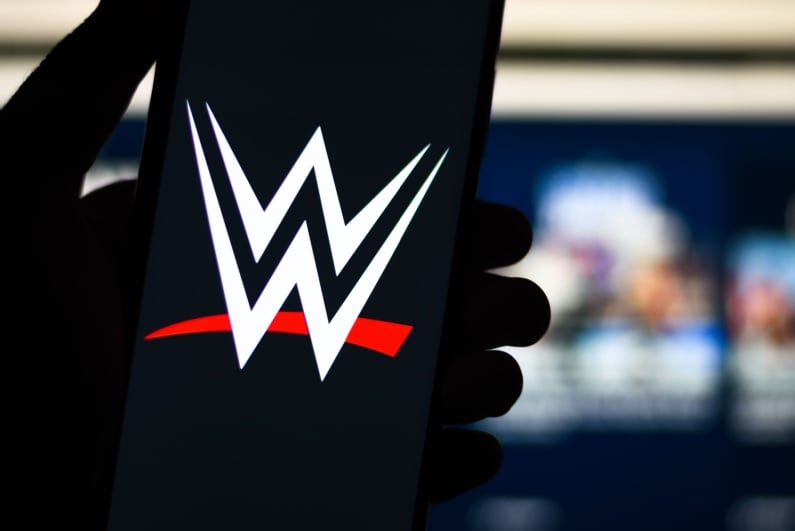AGA blasts study
The AGA has branded a UK study that claims four of the US’ top sportsbooks violate the trade group’s own marketing code as “irresponsible and misleading.”
According to an exclusive in The Guardian, a study by the University of Bristol found that DraftKings, BetMGM, FanDuel, and ESPN Bet published over 1,000 posts on social media channels without a hotline number or problem gambling support messages.
1,012 posts “may breach” the code
Of the 1,353 posts by the big four on X, Facebook, Instagram, and TikTok, the study claimed 1,012 posts “may breach” the code established by the AGA for the responsible “marketing and advertising of real-money sports wagering services.”
The crux of the matter is that an AGA loophole means sportsbooks can get away with pushing their brands on social media provided they don’t directly link to a real-money sports wagering service, for example a DraftKings homepage.
AGA Senior Vice President Joe Maloney, however, stated that the study’s categorization of “all social media posts as ads misses the basics of brand communication.” The AGA exec added Bristol University’s labeling of sportsbooks’ posts about facts, schedules, or discussion points as ads was both incorrect and irresponsible.
Food for thought
According to the study, the social media posts by DraftKings et al between July 29 and August 4 had 29 million views. While there were 310 paid ads by sportsbooks among these posts that complied with the AGA’s code, it’s the 1,012 other posts that the study is concerned about.
Raffaello Rossi, a marketing lecturer at the University of Bristol, said that between them, the big four sportsbooks published 237 social media posts and ads per day. Rossi states the aim of these social media posts is to push the brand and its products, and that the posts are now “clearly seen” as ads, with or without links to the sponsors’ platforms. Rossi added: “It feels like they are doing anything just to get people signing on.”
As an example, The Guardian on Wednesday cited a FanDuel post on its X platform, picking up on Botic van de Zandschulp shocking win over Carlos Alcaraz in the US Open. The FanDuel post featured betting odds and claimed a bettor had won $19,000 backing van de Zandschulp. There was no direct link from the post to FanDuel’s platform and it was published without a toll-free help number or gambling support text.
“This relentless exposure can make gambling seem like a normal activity, increasing participation and risk among young and vulnerable groups,” Rossi stated.
regulation has not maintained pace with the growth of the US sports betting industry
Rossi added the sportsbooks are “selling a highly addictive product” and that regulation has not maintained pace with the growth of the US sports betting industry now with legal markets in 38 states and Washington, D.C.
The University study also submitted multiple policy change suggestions, including in-depth guidance on the AGA’s code. Of prime concern for the AGA and US sportsbooks was the study’s call for new federal legislation to ensure “consistent regulation” of betting ads.
Maloney wasn’t having it, saying the gambling brands stuck to “robust state-based” regulations on ads, and “carefully follow” general federal marketing standards.
“Six years into legal sports betting, introducing federal overregulation would undermine the ability of state regulators and lawmakers to tailor appropriate policy as their marketplaces continue to evolve,” Maloney responded.
Federal regulation, the AGA exec said, would “only serve to empower the highly visible illegal market.”
Sportsbooks avoid comment
An update of the AGA’s code in March 2023 states that operator-owned messages posted on digital media, which includes social media: “shall comply with all applicable provisions of this Code concerning the content of such messages”.
“Each message will contain a conspicuous responsible gaming message along with a toll-free helpline number, where practical,” the code states
Maloney maintained, however, that gambling brands provide topical and engaging content to maintain brand awareness “without promoting a specific offering that is covered by the code, like sports betting.”
According to The Guardian, FanDuel and BetMGM declined comment, while DraftKings and ESPN Bet “did not respond.”



